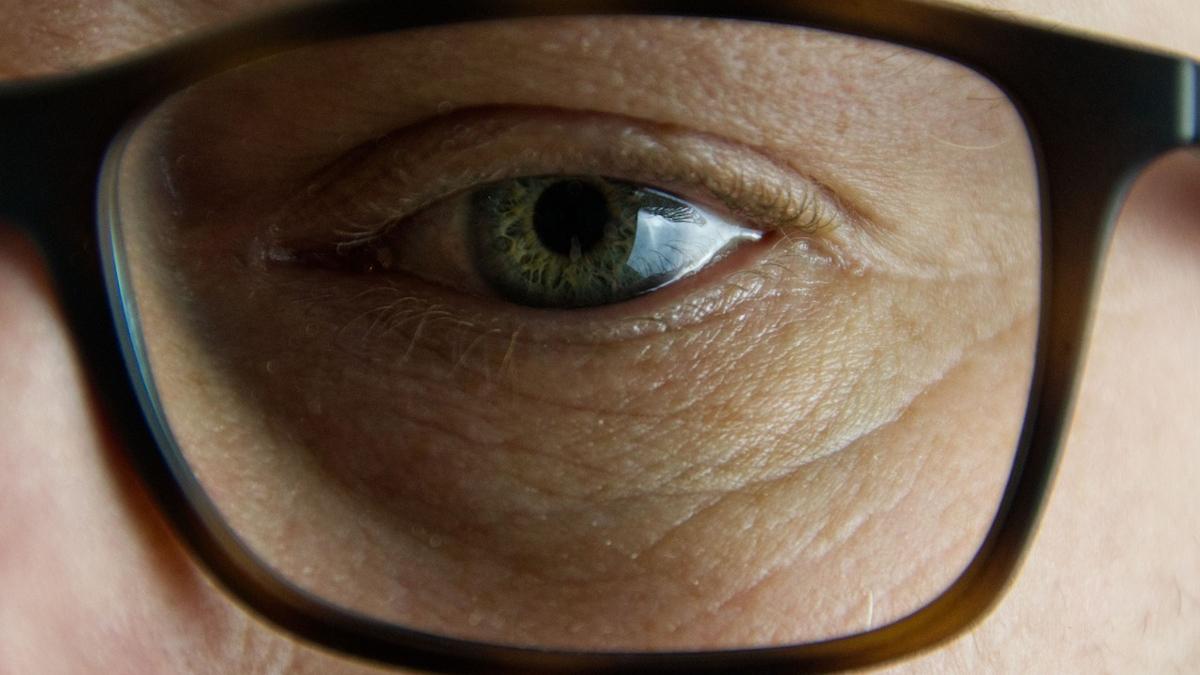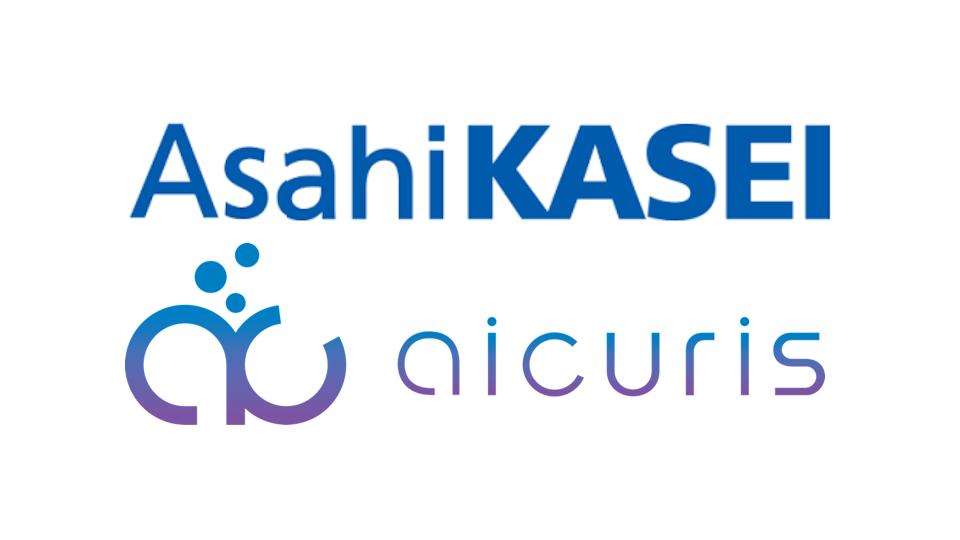Alcon claims control of cell therapy firm Aurion

Eyecare giant Alcon has bought a majority stake in cell therapy start-up Aurion Biotech, replacing the company's chief executive, in the culmination of a months-long struggle for control.
In a statement, Alcon said it plans for Aurion to continue as a standalone company, with its backing, as it prepares to advance its lead cell therapy programme into a phase 3 trial called CLARA in the autumn. The therapy – codenamed AURN001 – is being developed as a treatment for corneal oedema secondary to corneal endothelial disease.
Alcon's move follows a fractious few months between the two companies, which led to the filing of a lawsuit last November by Alcon – which at the time held an approximately 40% stake in the start-up – seeking veto rights to prevent it following through with an initial public offering (IPO).
A judge subsequently sided with Aurion, dismissing Alcon's assertion that it had the right to block the IPO as a major stakeholder. Aurion and other investors – notably Deerfield Management, which owned around a third of the company – claimed that Alcon was trying to block the IPO so it could gain control of the company at a knockdown price.
Fast forward to now, and Alcon appears to have all but achieved its objective, ousting Aurion's chief CEO Greg Kunst and replacing him with Arnaud Lacoste, who was previously chief scientific officer of the biotech and is a co-founder.
In a Linkedin post, Lacoste said he was "excited to share the news" that Alcon had acquired majority interest, adding: "We founded Aurion four years ago, with the hope that we would eliminate a form of blindness that affects millions of patients worldwide. With Alcon's support, we are one giant step closer to delivering on that goal."
Alcon said that its majority stake means that Aurion will have "broader R&D, regulatory, medical ophthalmic, and commercial capabilities" at its disposal as it develops AURN001, which aims to become an alternative to corneal replacement using donor tissue, which is perennially in short supply around the world.
The cell therapy – which consists of allogeneic human corneal endothelial cells (neltependocel) and a rho kinase inhibitor (Y-27632) – has already been approved for marketing in Japan, its first market, as a treatment for corneal disorder bullous keratopathy.
"Dr Lacoste and the Aurion team have done tremendous work and their technology is a natural fit as we continue to expand our ophthalmic pharmaceutical portfolio," commented Alcon's CEO, David Endicott.
"We recognise the exciting potential of cell therapies in ophthalmology […] and look forward to assisting Aurion in this promising area of patient care," he added.
Image by Hinnerwaeldler from Pixabay












